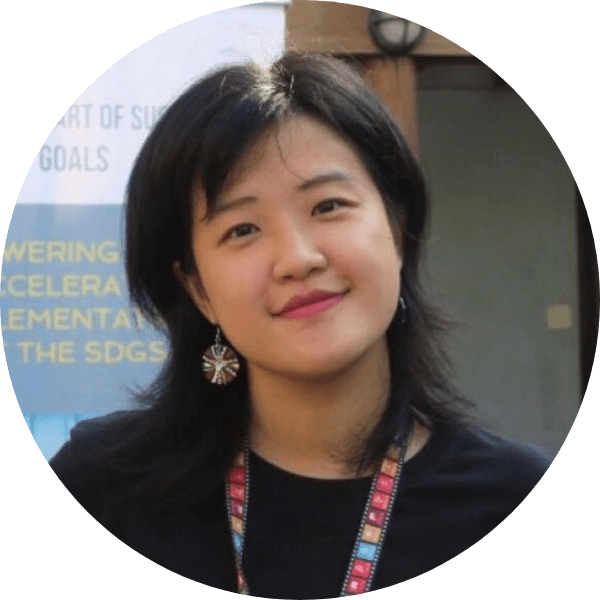2 min read
Co-Author: Stefano Pighin
“Looking back, I translated those values, such as No Child Labour, Build an Inclusive Environment and Transparent Communication of our Product, in my business operations.” Laressa, founder of Suri The Goods (Indonesia), a natural skincare brand that empowers indigenous women farmers from the Minang ethnic group.
When young people get inspired to become entrepreneurs, prototype their ideas and test them for product market fit, they don’t expect an easy path. Figuring out business models, understanding their customers and getting the words out for their products, are their daily wrestles. Rarely do they anticipate the challenges of an unfair business environment. Yet those challenges are undeniable.
Corruption hinders innovation, increases the cost of doing business, and discourages young entrepreneurs from operating with integrity. Moreover, it creates severe financial, operational and reputational risks to young entrepreneurs. They might be forced to pay bribes or face unnecessary obstructions from government officials.
According to a survey done in 2014 by the World Economic Forum’s Partnering Against Corruption Initiative and the UN Office on Drugs and Crime, 72% of millennials – youth between 18 and 34 in this survey – believe corruption is holding back their country. An equal number think it is causing lost opportunities for their generation.
In 2019, together with 25 entrepreneurs and 5 ecosystem enablers, Youth Co:Lab and Fairbiz team of UNDP Bangkok Regional Hub developed a Business Integrity Toolkit for Young Entrepreneurs. The Toolkit is a knowledge product that provides guidance for start-up companies to prevent, detect, and take action against unfair business practices.
“People think only corporations have time to develop standards of operations, code of conduct etc. So there is a lack of resources and support for a startup founder like me to learn more about business integrity. ” Laressa continued to comment. “What I realised is that communicating my values and being consistent with them, has business returns. My customers and partners have developed stronger trust and brand recognition because of it.”
This year, the Toolkit has been made more accessible to the ecosystem. “I asked entrepreneurs what they would do when facing challenges such as red flags, conflicts of interests, etc. And they told me, they would just search for that specific topic, because they don’t have time to go through the whole toolkit.” says Diane Eustaquio (Philippines), the designer behind the 2022 Toolkit.
As an enabler and ex-Director of IdeaSpace, which runs an accelerator to support early stage tech startups, Diane believes it is important to discuss business integrity with founders. “I’ve been inspired by an analogy I had heard recently – Running a startup is like building a house. Floors, walls and roof – those are visible items that we can see, similar to business operations. But, the values of founders, inclusive company cultures, and other invisible elements are the foundation. We don’t see them, but they are essential, especially if we are to scale our businesses later on. ”
Check out the Digitized Toolkit here .
About Youth Co:Lab:
Youth Co:Lab positions young people front and center in order to solve the region’s most pressing challenges. Co-created in 2017 by the United Nations Development Programme (UNDP) and the Citi Foundation, Youth Co:Lab aims to establish a common agenda for countries in the Asia-Pacific region to empower and invest in youth, so that they can accelerate the implementation of the Sustainable Development Goals (SDGs) through leadership, social innovation and entrepreneurship. Youth Co:Lab has supported 28 countries and territories across Asia and the Pacific.


















